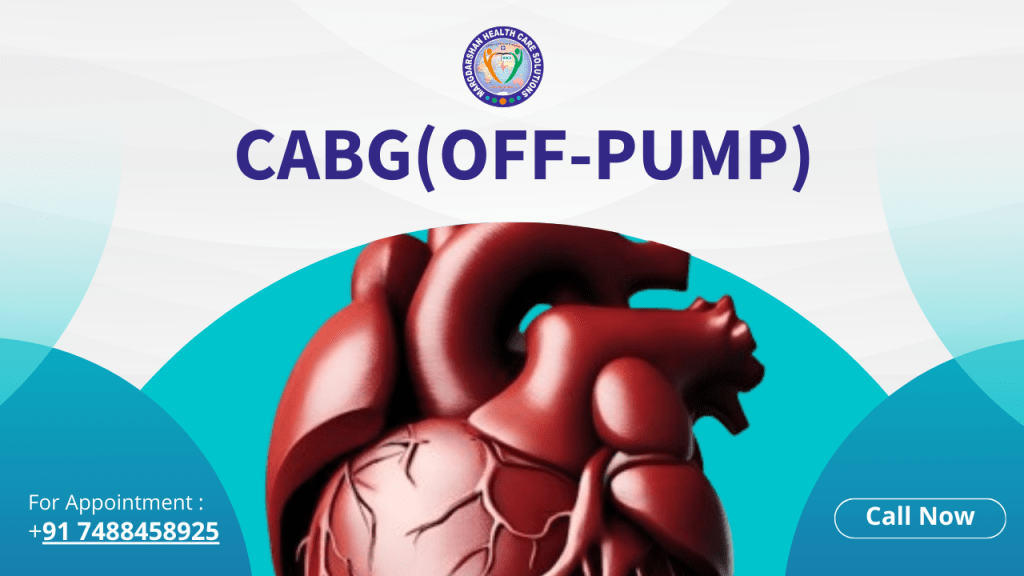- +91 7488458925
- info@margdarshanhealthfoundation.com

How many people suffer from kidney issues in India?
Chronic kidney disease (CKD) is a significant health problem in India, and it is estimated that around 17.2% of the adult population in India has CKD. According to the Indian Society of Nephrology, there are about 1,75,000 new cases of End-Stage Kidney Disease (ESKD) every year, and the number is expected to rise in the coming years due to an increase in the prevalence of diabetes, hypertension, and other risk factors. Additionally, many cases of kidney disease may go undiagnosed or unreported due to a lack of awareness, inadequate healthcare infrastructure, and other factors. It is important to note that these are estimates, and the exact number of people suffering from kidney issues in India may be difficult to determine due to the complexity of the disease and the lack of accurate data.
Different Types of Kidney Issues: Low Cost Kidney Transplant In India
There are many different types of kidney diseases that can affect the function and health of the kidneys. Some of the most common types of kidney disease include:
Chronic kidney disease (CKD): A long-term condition in which the kidneys gradually lose function over time.
Acute kidney injury (AKI): A sudden and rapid decline in kidney function, often caused by a medical emergency such as severe dehydration, infection, or medication side effects.
Polycystic kidney disease (PKD): An inherited condition in which cysts grow on the kidneys, eventually leading to kidney failure.
Glomerulonephritis: A group of diseases that damage the glomeruli, which are the tiny blood vessels in the kidneys that filter waste and fluids from the blood.
Nephrotic syndrome: A condition in which the kidneys leak large amounts of protein into the urine, causing swelling and other symptoms.
Kidney stones: Hard mineral deposits that can form in the kidneys, causing pain and other symptoms.
Urinary tract infections (UTIs): Infections that affect the bladder, urethra, or kidneys and can cause inflammation and damage to the kidneys.
There are many other types of kidney diseases as well, and the specific symptoms and treatments may vary depending on the type of kidney disease. It is important to consult a healthcare professional if you suspect you may have a kidney issue. Also, if needs, it’s really hard to find low cost kidney transplant in India with best medical service, and here come Margdarshan Health Care to give you better health solution.
Suffering from Kidney Disease? call now: 9330371619

Different & Low Cost Kidney Surgery In India:
There are different types of surgeries that can be performed on the kidneys, depending on the underlying condition and the severity of the disease. Here are some of the most common kidney surgeries:
Nephrectomy: This is a surgical procedure to remove all or part of a kidney. It is often done in cases of kidney cancer, severe trauma, or non-functioning kidneys. A partial nephrectomy may be performed to remove a tumor while preserving the remaining healthy kidney tissue.
Percutaneous nephrolithotomy: This is a minimally invasive surgery to remove kidney stones. A small incision is made in the back, and a thin tube with a camera and tools is inserted to break up and remove the stones.
Ureteroscopy: This is a procedure to remove stones in the ureter or kidney using a small, flexible scope that is inserted through the urethra and bladder. The stones can be removed with small tools or broken up with lasers.
Pyeloplasty: This is a surgery to reconstruct the connection between the kidney and the ureter when there is a blockage. It is often done to treat conditions such as ureteropelvic junction obstruction (UPJO).
Renal artery aneurysm repair: This is a surgery to repair a bulge in the renal artery, which can cause bleeding or other complications if left untreated.
Dialysis access surgery: This is a procedure to create a connection between a vein and an artery in the arm or leg, which is used to perform dialysis for patients with end-stage kidney disease.
These are just a few examples of the many types of kidney surgeries that may be performed. The specific type of surgery will depend on the individual patient’s condition and the recommendation of the healthcare provider.
How to prevent kidney disease?
Preventing kidney disease involves making healthy lifestyle choices and managing any underlying medical conditions that may put a person at risk for kidney disease. Here are some general tips for preventing kidney disease:
Control high blood pressure: High blood pressure is a leading cause of kidney disease. Managing blood pressure through a healthy diet, regular exercise, and medication if needed can help reduce the risk of kidney damage.
Manage diabetes: Diabetes is another leading cause of kidney disease. Managing blood sugar levels through a healthy diet, regular exercise, and medication if needed can help prevent kidney damage.
Stay hydrated: Drinking plenty of water and other fluids can help flush out the kidneys and prevent kidney stones from forming.
Quit smoking: Smoking can damage blood vessels and reduce blood flow to the kidneys, increasing the risk of kidney disease.
Exercise regularly: Regular exercise can help maintain a healthy weight, reduce blood pressure, and improve overall health.
Eat a healthy diet: A diet that is low in salt, sugar, and unhealthy fats and rich in fruits, vegetables, and whole grains can help reduce the risk of kidney disease.
Avoid overuse of painkillers: Overuse of painkillers such as non-steroidal anti-inflammatory drugs (NSAIDs) can cause kidney damage over time. Avoid taking these medications for extended periods or in high doses without consulting a healthcare provider.
Get regular kidney function tests: Regular kidney function tests can help detect kidney disease in its early stages, allowing for timely treatment and management.
These are just a few examples of the many steps that can be taken to prevent kidney disease. It is important to consult a healthcare provider for personalized recommendations based on individual health history and risk factors.








